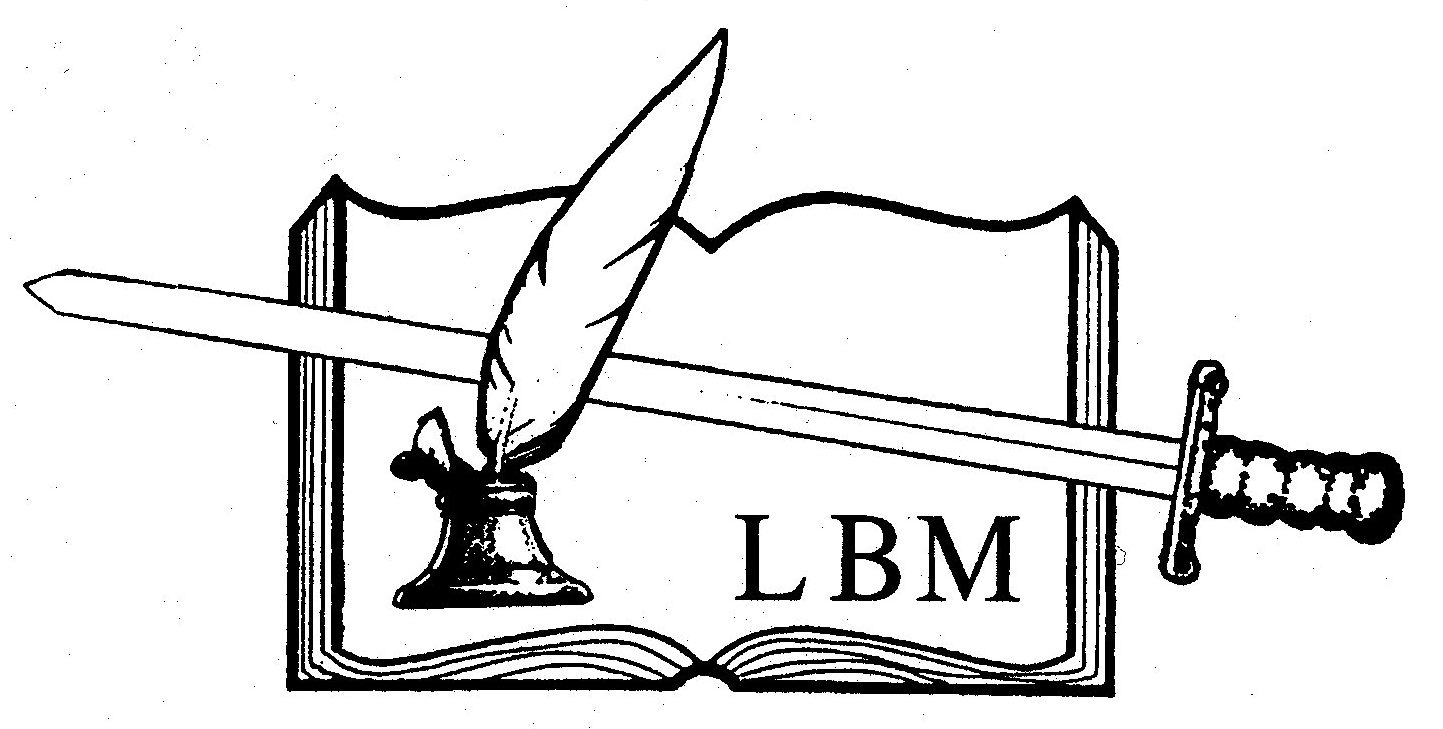Money Damages for Employment Discrimination: Back Pay, Front Pay, Emotional Distress Damages, and Attorney’s Fees
I. What kinds of justice can a wronged employee hope to obtain if he or she proves his or her case and is entitled to the full remedies that the law can provide?
Back pay is the amount of lost wages and other compensation from the time of termination to the hearing less any other income received during that period. Front pay is pay from that point to some point in the future and is most often applied when an employee is nearing retirement. In such a case, it would be the value of the future compensation, based on the past position arguably, to retirement, but it is often not easy to obtain. Emotional distress is frequently part of any instance of discrimination, and depending upon the duration and severity, the damages may be substantial and rival or exceed back pay.
A case of age discrimination against a town Electric Light Department arose when it failed to advise an employee of the right to work beyond the age of 65. With proof of the violation before the MCAD, it awarded the following: Back pay of $65,000 was awarded for the period from when the employee retired at 65 until he tried to get his job back. Another award of $210,000.00 in back and front pay damages was also applied against the Gas and Light Department. Finally the court ordered $100,000.00 in emotional distress damages. This award was based solely on the complainant’s and the family testimony without any experts. More commonly the MCAD awards emotional distress damages in the $5,000 to $20,000 range depending upon the facts. The proof of emotional distress is best made by an expert witness psychologist, psychiatrist, or the family doctor who has known the distressed and their medical history.
Front pay for future lost pay is often difficult to obtain but is justified where a comparable position would be difficult to find. The MCAD and the courts have long held that given the speculative nature of front pay, such an award will be made only in very limited instances, such as where the discriminatory act occurs near an individual’s retirement date.
For age discrimination cases removed from the MCAD to Superior Court, the statutory remedies allow for double to triple damages and attorney’s fee in certain egregious situations. Attorney’s fees are almost always awarded by MCAD or Courts to an employee who wins his or her case and are frequently part of any settlement.
II. Tax treatment in settlement agreements/severance package
When we negotiate Severance Agreements/ Settlements, to the extent that the facts and negotiations permit, we try to get the most favorable tax treatment language and timing of payments. While most awards for damages are taxable, Attorneys fees are deductible.
